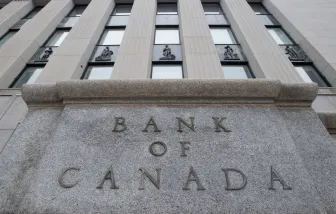Featured
article
- Get link
- X
- Other Apps
Bank of Canada's Rate Cuts: The Diminishing Appeal of Cash Investments

As the Bank of Canada continues to slash interest rates, the traditional appeal of holding cash in your investment portfolio is rapidly diminishing. With the latest rate cut bringing the benchmark rate down to 3.25%, the returns on cash deposits are becoming increasingly unattractive compared to other investment options.
In a low-interest-rate environment, cash holdings yield minimal returns, failing to keep pace with inflation. This erosion of purchasing power means that investors are better off exploring alternative assets that offer higher potential returns. Equities, for instance, can provide capital appreciation and dividends, while bonds, especially those with longer durations, can offer more attractive yields.
Moreover, the Bank of Canada's indication of a slower pace of future rate cuts suggests that the window for higher interest rates on cash deposits may remain narrow for some time. Investors should consider diversifying their portfolios to include a mix of growth-oriented and income-generating assets to mitigate the impact of low interest rates.
In conclusion, while cash is essential for liquidity and risk management, relying too heavily on it in the current economic climate can hinder overall portfolio performance. It's time to reassess your investment strategy and consider opportunities that can better withstand the challenges posed by persistently low interest rates.
Popular Posts
Smart Savings for a Sharp School Start: Canadian Parents’ 2025 Guide
- Get link
- X
- Other Apps
Trump's Six Words: "I'm Going to Stop the Wars"
- Get link
- X
- Other Apps



Comments
Post a Comment